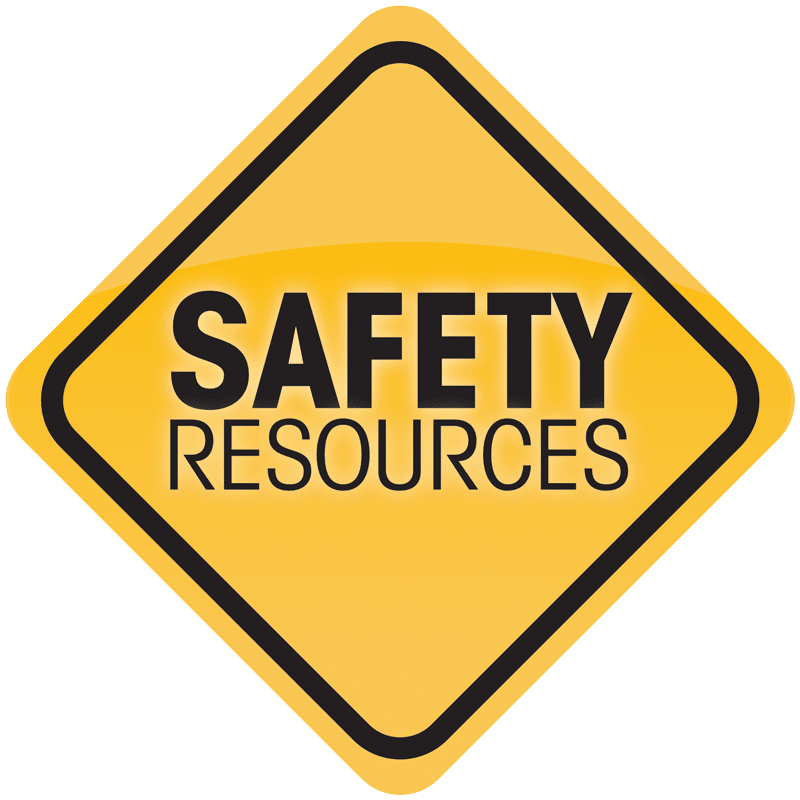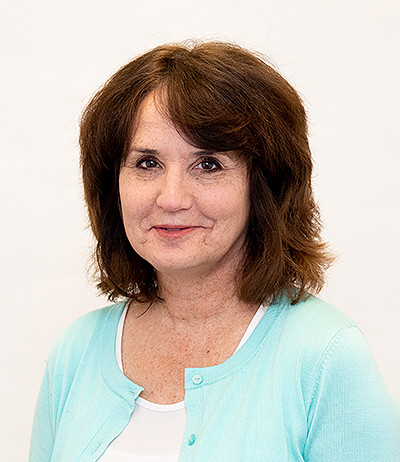“I would be open to a conversation about the incident, primarily for the benefit of our friends in this industry.” This comment was among the early exchanges between myself and Lee Rogness, owner and manager of Interstate Equipment, Fergus Falls, Minn., in response to an interview with Paul Mullet, one of the owners and retired CEO and President of Excel Industries Inc., about the mass shooting at their facility.
It’s that kind of leadership — Rogness and Mullet being willing to share the details about tragedy and death — that we hope will help your dealership prepare for and maybe even avoid similar crises. Rural Lifestyle Dealer has placed a special focus on developing safety resources, with this conversation being among the resources available at this link, www.RuralLifestyleDealer.com/SafetyResources.
As background, here is Rogness’ initial comment to the Paul Mullet interview:
“As I read this article, it was a moment of additional healing for myself as the article shared Paul Mullet's experiences and actions following the workplace tragedy. The article was reaffirming and encouraging and that had been our similar experience. Several years ago on a Friday afternoon, one of our employees was killed while working on a repair for a customer. The tragedy was different from Excel's, nevertheless, a life was lost. The death had a profound effect on our employees. We struggled as we grieved with his young family. In spite of all the bad that was associated with the event we were, over time, able to move forward while honoring our employee's memory and family ... and supporting each other in the workplace.”
Read on to learn about the tragedy at Interstate Equipment and how Rogness and the team coped.
The Accident
Later in the afternoon on Friday, July 31, 1992, Rogness and his family were headed out of town on a family vacation. He stopped back at the dealership to take care of some last-minute items when he heard the explosion, which came from the direction of an auxiliary repair location near the main service shop.
“I immediately headed that direction because I didn't really know what I had heard. I saw another employee that had been working in the area head toward me and he said ‘Man down.’ I remember those words. I grabbed him by the shoulders and told him to go back to that shop office and call 911. I went to the scene and saw that an item the employee was welding on had exploded,” Rogness says. They learned later that the explosion was caused by a series of factors based on how the employee was completing the repair.
The explosion was directed right at the employee’s helmet. “When I came into the shop I did not know if I should pray for his death or his life. So, I prayed the Lord’s will be done.”
The ambulance arrived quickly and the employee was taken to the hospital.
Immediate Actions
Rogness said his next immediate thought was for the employee’s wife and 4 children. “I knew that I needed to get his wife to the hospital and that it was my responsibility,” he says.
He had to find her first, though. His first thought was that he had worked with someone at a local bank who lived near the family’s home, which is about 25 miles out of town. He called the bank and it turned out the employee was not at work that day, but at home. Rogness called to see if she could drive the employee’s wife to the hospital. The friend also was able to bring along her daughter to watch the children.
Rogness then called the wife and told her about the accident, that help was on the way to take care of the kids and to immediately drive her to the hospital. “That helped set the set the stage for how critical the situation was,” Rogness says.
Rogness met the wife at the hospital and stayed with her until her family arrived. After she had some time with her husband, He helped her talk through some of the questions she was being asked, such as about organ donations and funeral arrangements.
“She made some heroic choices on his behalf for the sake of others. There were so many times throughout the whole experience that I felt I had the answers that I wouldn’t normally have had. It was strength and guidance that was absolutely divine,” says Rogness.
Communicating About the Accident
During the immediate aftermath, Rogness had covered up the blood stains with a large shop rag and closed up the auxiliary shop. He asked employees to stay at work until he got back from the hospital, which was now at the end of the work day.
“I came back to talk to employees and that was tough, but I had several employees from which I really drew a lot of energy. You look into their eyes and they communicate back to you in a way that’s very helpful.
“When talking about the accident, I just referred to the explosion. I never said he had done anything wrong or should have done this or that. I didn’t lay anything on the employee, but just kept it neutral,” he says.
The dealership remained open the next morning (Saturday) — however, that area of the shop was closed for the investigators. Some people who had heard about the accident came to the dealership to ask questions. “They were asking and even demanding answers. Some of these were people I’ve worked with for years. I remember thinking about how inappropriate that was,” he says.
The sheriff’s officers who were handling some of the investigation had already instructed Rogness not to answer questions from the news media and the public. “What was really difficult was that the family wanted to know what had happened and I was not in a position to answer those questions at the time,” he says. They closed the dealership on Monday for the funeral.
Working with OSHA
As part of his actions on Friday evening after the accident, Rogness had called the Occupational Safety and Health Administration (OSHA) office and left a message. OSHA investigators arrived Tuesday morning and spent the day at the dealership, questioning Rogness and investigating the scene.
“The investigator asked every question there was to be asked. His questions were never trick questions, but they were loaded questions. You have to really think about how to answer them, because you have to remember that he’s not there for a friendly visit. He wasn’t there to help me, but to get the facts,” Rogness says.
He did make a request that the investigation would be limited to the accident scene. “If he saw anything else that was in violation, we agreed that he was going to leave that alone. I knew from another situation that you could request that. Granted, that was 1992. I’m not sure it’s the same today,” Rogness says.
Rogness and his team continued working with the investigator by supplying documentation. “I had the most excellent office staff. Whatever the inspector asked for, they found and supplied to him right away. When he left, he had all the necessary information,” he says.
Months later, after the investigation was complete, OSHA levied a small fine against the dealership. Rogness explains that their processes — and being able to prove the processes were in place — made the difference. “We met their tests on so many fronts. We did many, many things right in our written processes,” he says.
Supporting the Family
Rogness continued to support the family as they dealt with the tragedy. They invited the employee’s wife and her children to the dealership that first Christmas after the accident to socialize and give presents. He continued to keep in touch, making sure things like the insurance settlement was proceeding as it should, for example.
“I didn't ignore them, but I didn't just lavish all over them and make them feel uncomfortable or set up expectations that I wasn't prepared to follow through on,” he says.
Supporting the Team
Rogness also helped coordinate group counseling sessions for the staff. The counselors met with employees three separate times at the dealership. “We just sat as a group after work and let the hospice counselors work with us. It was a way to bring some healing to our employees. They did an outstanding job, talking and listening and getting the employees to interact. I was very visible, but I let it be their program,” he says.
Rogness also worked with employees on an individual basis. For example, he visited one employee at his home who was having a particularly difficult time coping. “We supported those who needed it. But, months later, one employee made a very profound statement. He asked when we were going to let this guy rest in peace. So, there was a sense that maybe we were lingering on the tragedy for too long. You find that balance as you go through it. It's not ‘textbook.’ You have to live it,” he says.
The employees supported Rogness as well. One employee called him late in the evening, the day of the accident. “We had a short greeting where the employee said they knew it had to be lonely at the top and they wanted to reach out to me. I will probably never forget that call. You reach out to your employees, but they also reach back to you. We had a superior group of employees,” Rogness says.
Being More Sensitive to Safety
Rogness says he has always been committed to safety in the dealership, but says he became more deliberate about it. “I tried to embrace our training sessions as ‘Hey, this is a fun time and we're going to learn from this. This is something that we need to do and we want to do. Yes, I liked to cut corners and get things done fast, but safety starts at the top and flows down to the employees.
“If you want a safe organization and you're the chief of the organization, you better have a safety mindset. You need to let your people know that safety is important. Yes, we can get the job done expeditiously, but we can do it safely as well. We also instituted the fact that if an employee is doing something wrong or, worse yet, stupid, that the other employees need to speak up,” Rogness says.
The dealership reviewed and enhanced the employee data it kept on file, along with instructions about how to contact each person.
“It’s really important for managers to know what to do in an emergency. I don’t think I was prepared, but I quickly became prepared,” he says.
Rogness also advises against placing blame after an accident. “You have to be so careful that you don’t say things to try to vindicate yourself because that doesn’t solve anything.”
Related content: Shoot at Excel Industries: Looking Back & Moving Forward






